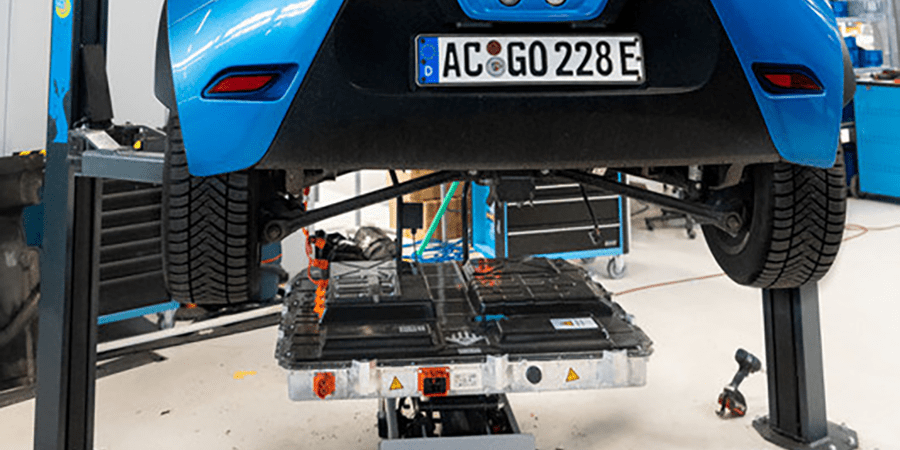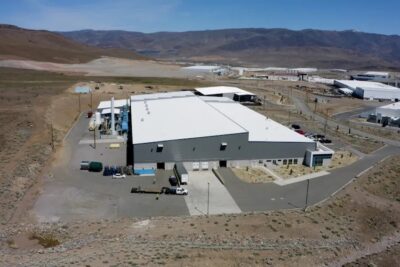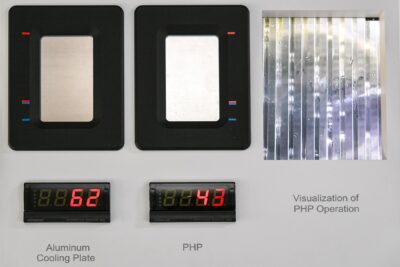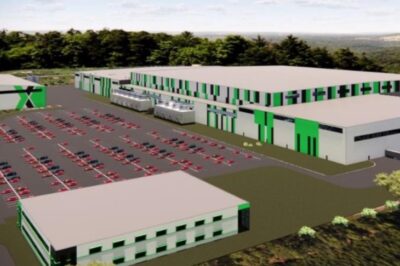Next.e.GO Mobile to introduce battery swapping
The Aachen-based electric car manufacturer Next.e.GO Mobile has introduced its own battery exchange solution. The first two of the stations called ‘e.Pit’ are already in operation. However, there is a big difference to other battery exchange solutions.
While the Chinese manufacturer Nio wants to establish battery exchange as an alternative to fast charging with its highly automated exchange stations (and the German-Chinese company Infradianba is also testing battery exchange within minutes at a station in Berlin), Next e.GO Mobile sees its offer as the exception rather than the rule.
Customers can exchange an almost empty battery of their e.Go Life for a fully charged one at a designated e.GO battery exchange station. However, the company also emphasises that the offer is primarily aimed at customers “who have to be on the road longer than usual due to an unexpected event”. In other words: charging the battery should be the preferred option. But since the Life does not have DC fast charging, the battery can be exchanged in exceptional cases.
“They can pick up their original battery – fully charged – at the same station on the way back or later when convenient, however latest within a month. Customers remain the owner of their original battery and always stay connected via their e.GO app using their unique battery ID.”
Next e.GO Mobile talks about “‘swap stations’, but these are workshops, not container-like swap stations like Nio’s. Here, the Life has to go on the lift and the battery is swapped manually by employees – and not automated by robots. The exchange process itself should therefore take around 60 minutes, but in the future this should drop to “just under 30 minutes”.
“At e.GO, we do not consider the Battery Swap just as a smart feature or another business stream,” says Ali Vezvaei, CEO of Next.e.GO Mobile SE. “Leveraging technology and innovation, this is our way of showing utmost gratitude to our customers and e.GO users, who chose to act responsibly, care for the ecological footprint of the BEVs and help drive sustainable urban mobility. It is our responsibility to provide them with comfort.”
The first two swap stations at the Aachen plant and in Zülpich (Pardemann service partner) are now fully operational. The next stations will be in Düsseldorf and Hamburg, with more in the pipeline. According to the company, the service itself is “free of charge for customers within the scope of their annual swap quota”. How large the quota is, however, is not clear from the announcement.





0 Comments